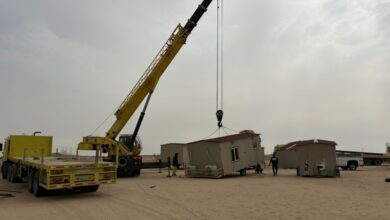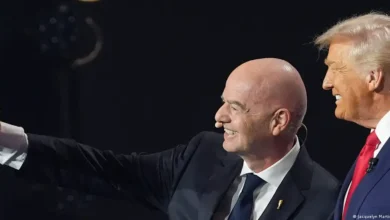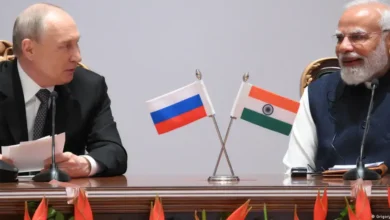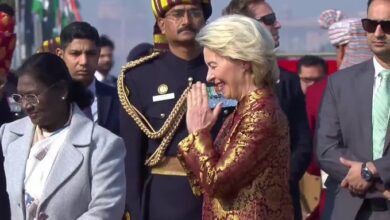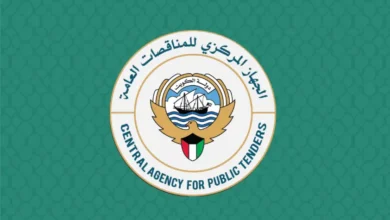Kuwait honors trailblazing diplomat Nabila Al-Mulla with ‘memoir’ launch at Saud Al-Nasser Institute
The book documents Al-Mulla’s diplomatic journey of nearly three decades in the midst of critical global events, professional excellence and her family's historical role in Kuwaiti politics.
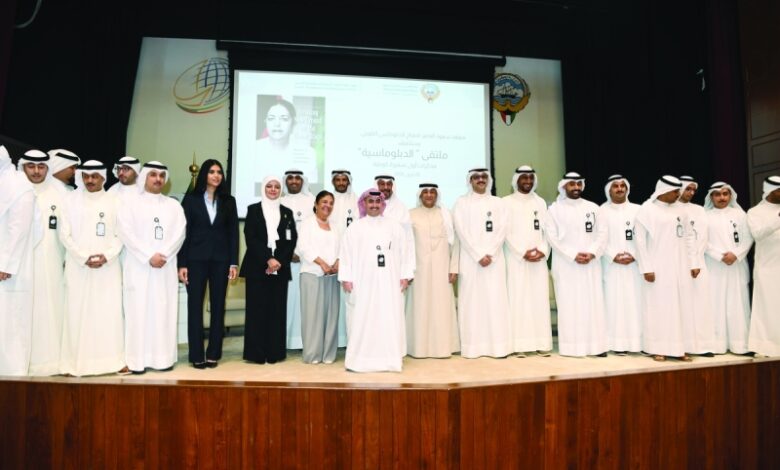
The Saud Al-Nasser Al-Sabah Diplomatic Institute launched the book “Breaking New Ground on the Global Stage… Memoirs of the First Kuwaiti Female Ambassador” by Ambassador Nabila Al-Mulla during a special forum held under the patronage of Foreign Minister Abdullah Al-Yahya.
The event was attended by high-profile figures, including His Highness former Prime Minister Sheikh Dr. Mohammed Al-Sabah, GCC Secretary-General Jassim Al-Budaiwi, and leading diplomats, reports Al-Rai daily.
In his speech, Al-Budaiwi praised Al-Mulla’s pioneering diplomatic career and noted her regional and international influence. Reflecting on his time working with her in Vienna, he described her as a role model and source of inspiration for diplomatic staff, emphasizing the achievements of Kuwaiti women in diplomacy and politics.
Assistant Foreign Minister for the Diplomatic Institute, Ambassador Nasser Al-Subaih, described the memoir as an important source of guidance for future generations, documenting a diplomatic journey of nearly three decades that included critical global events. He highlighted Al-Mulla’s professional excellence and her family’s historical role in Kuwaiti politics. The book covers her experiences during the liberation movements, the Iran-Iraq War, the Iraqi invasion of Kuwait, and her presidency of the IAEA Board of Governors.
In her speech, Al-Mulla explained her motivation for writing the memoir stemmed from a belief in the importance of documentation, particularly in Arab societies where reliable local sources are scarce. She aims to transfer her knowledge to future generations, encouraging political and intellectual awareness. She recalled major milestones such as helping establish international forces in Lebanon (1978), addressing the 1990 Iraqi invasion, and overseeing the Iranian nuclear file (2003).
During a discussion with institute trainees, Al-Mulla called for the development of the Diplomatic Institute through collaboration with international institutes and scholarships. She also urged stronger ties with global organizations like the UN, EU, and IAEA. Additionally, she criticized administrative bureaucracy that hampers progress across government bodies and encouraged youth to gain international field experience.
Responding to a question on Gulf unity, Al-Budaiwi affirmed the GCC’s consistent and unified positions on regional and international issues. He emphasized the need for continued consultation and coordination among member states.
Al-Mulla, who holds many firsts — including being the first Kuwaiti, Gulf, and Arab woman ambassador and the first Arab woman to head a delegation to the UN and chair the IAEA Board — recounted a career of over four decades. Her memoir covers her academic beginnings in Lebanon, her ambassadorship in post-apartheid Zimbabwe, and her representation of Kuwait at the United Nations.






















